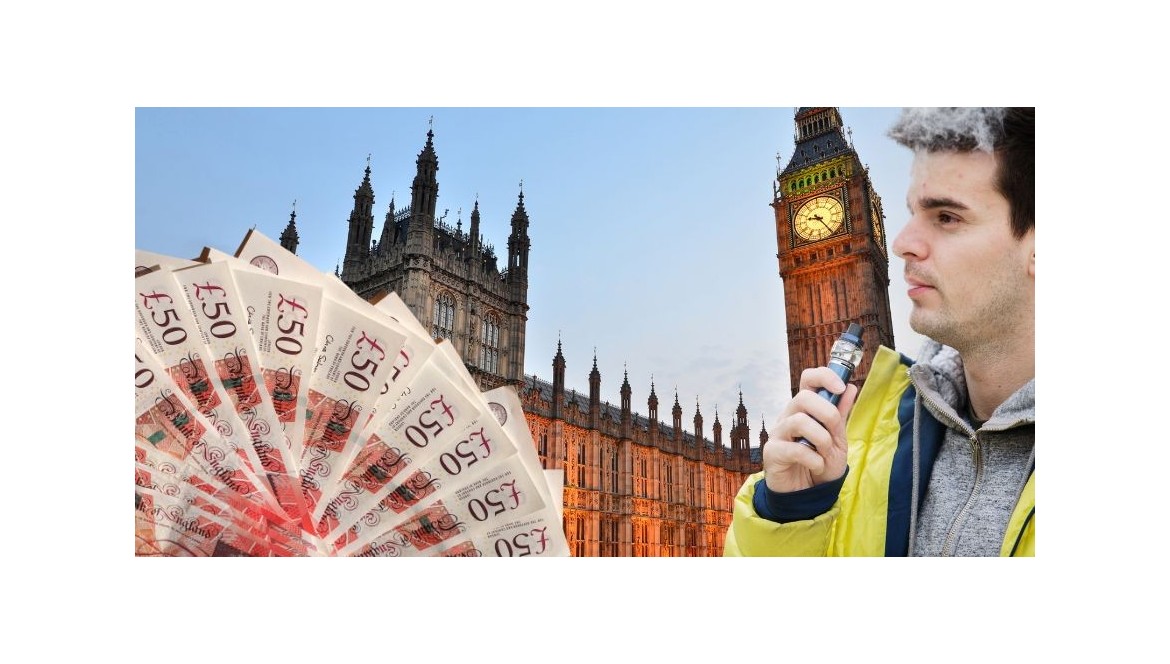The Vaping Debate: New UK Laws Aim to Offset Tax Losses from Declining Smoking Rates

In the UK, the landscape of smoking has transformed dramatically over the past decade. As smoking rates decline due to increased health awareness and restrictive legislation, tax revenues from tobacco sales have plummeted. In response, the UK government is now proposing new laws to tax vaping products, a move they argue could recoup some of these losses. This proposal has sparked a heated debate. Let’s explore both sides of this controversy.
The Case for Taxing Vaping
1. Financial Necessity: The most straightforward argument for the new vaping taxes is financial. Tobacco taxes have traditionally been a significant source of revenue for public health initiatives, including smoking cessation programs and education campaigns. Proponents of the vape tax argue that as smokers transition to vaping, the fiscal framework must adapt to maintain these vital funding streams.
2. Regulatory Consistency: Supporters also claim that taxing vaping products brings consistency to nicotine product regulations, treating all nicotine delivery systems with the same scrutiny and tax structure. They argue that this would close loopholes that currently allow vaping products to be marketed aggressively, sometimes towards young and susceptible audiences.
3. Public Health Concerns: There is an ongoing debate about the long-term health implications of vaping. While Public Health England maintains that vaping is 95% less harmful than smoking, the long-term effects are still relatively unknown. Taxing these products could potentially slow down their adoption until more definitive scientific consensus is reached.
The Case Against Taxing Vaping
1. Smoking Cessation Tool: Critics of the new tax laws argue that vaping is a critical tool for helping people quit smoking. Vaping offers a less harmful alternative to cigarettes, and higher taxes could make these products less accessible to smokers looking to quit, potentially driving them back to more harmful traditional cigarettes.
2. Economic Burden on Ex-Smokers: There’s also an argument to be made about the economic impact on individuals who have switched to vaping. Many vapers have turned to e-cigarettes as a cheaper alternative to smoking. Imposing higher taxes on these products could disproportionately affect ex-smokers who are typically from lower socio-economic backgrounds.
3. Potential for Black Market Growth: High taxation on vaping products might incentivize the growth of a black market. This not only undermines tax revenue objectives but also poses significant health risks, as unregulated products are not subject to safety standards and testing.
Moving Forward
As the UK Parliament debates this proposal, it is crucial that lawmakers consider the broader implications of their decisions. Balancing fiscal needs with public health outcomes is a delicate act. The goal should be to support public health initiatives without disproportionately penalizing those who have used vaping to cease their reliance on much more harmful cigarettes.
In conclusion, while the intention behind the vape tax may be to streamline nicotine product regulations and recover lost tax revenue, it is imperative that any new legislation considers the nuanced outcomes such changes might precipitate. Ensuring that these laws do not inadvertently harm public health or create a burgeoning black market will be key to their success. As we navigate this new territory, thoughtful debate and comprehensive research will be our most valuable tools.









Comments
No comment at this time!
Leave your comment